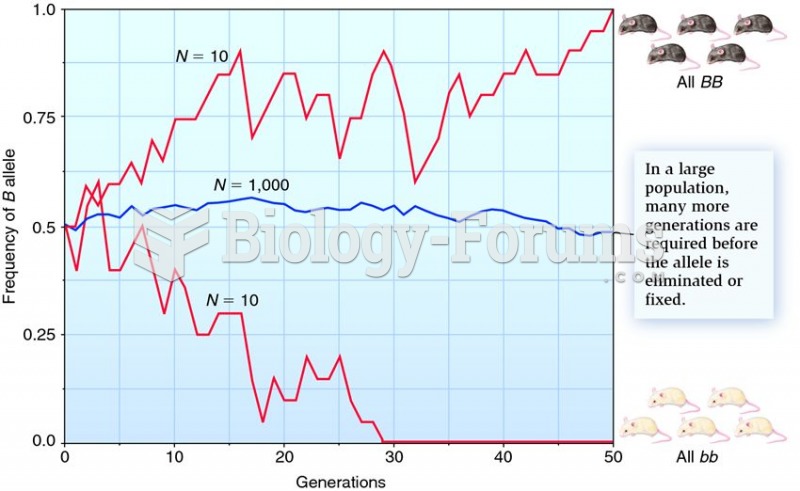Answer to Question 1
ANS: D
Answer to Question 2
People with binge-eating disorder typically consume less during a binge than do bulimics, rarely purge, and exert less restraint during times of dieting. Similarities also exist, including feeling out of control, disgusted, depressed, embarrassed, guilty, or distressed because of their self-perceived gluttony. There are also differences between obese binge eaters and obese people who do not binge. Those with binge- eating disorder report higher rates of self-loathing, disgust about body size, depression, and anxiety. Their eating habits differ as well. Obese binge eaters tend to consume more kcalories and more dessert and snack-type foods during regular meals and binges than obese people who do not binge. Binge eating may incur health risks greater than those of obesity alone.
Some of the characteristics seen in people with binge-eating disorder are similar to those seen in people with substance-use disorders: strong cravings, poor self-control, a diminished sensitivity to pleasure, and patterns of compulsive use. These resemblances have given rise to the concept of food addictions and may reflect the same biological and psychological systems that are involved in rewards and self-control. When the reward of delicious foods tempts a person, the ability to resist depends on self-control. Neural images show that certain foods (especially those with added sugars and solid fats) have effects on the brain similar to those seen with addictive drugs. Dopamine activitywhich helps to regulate emotional and motivational behavioris also similarly altered in both drug addicts and those with compulsive eating behaviors.
Binge eating can be resolved with treatment. Reducing binge eating makes participation in weight-control programs easier. It also improves physical health, mental health, and the chances of success in breaking the cycle of rapid weight losses and gains.







